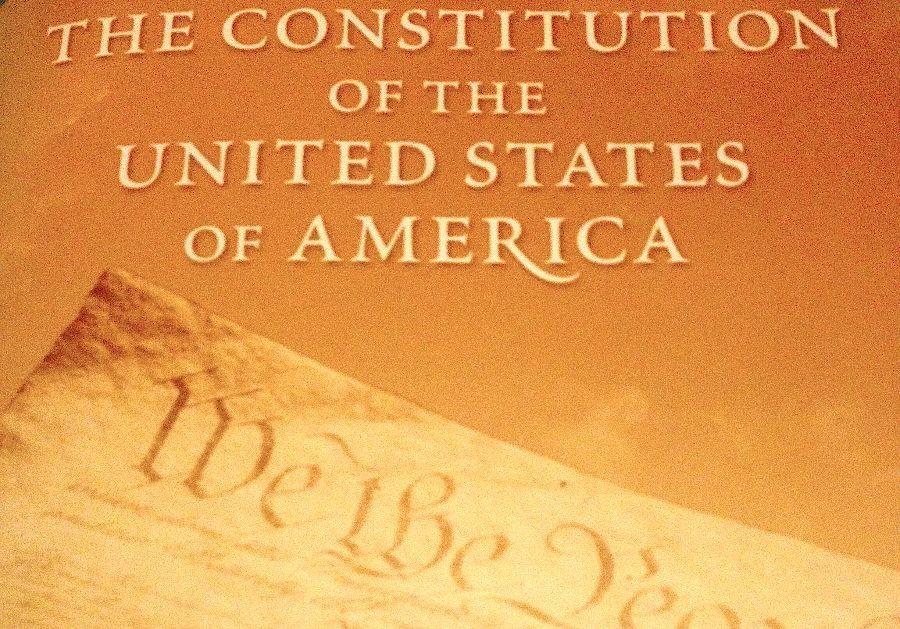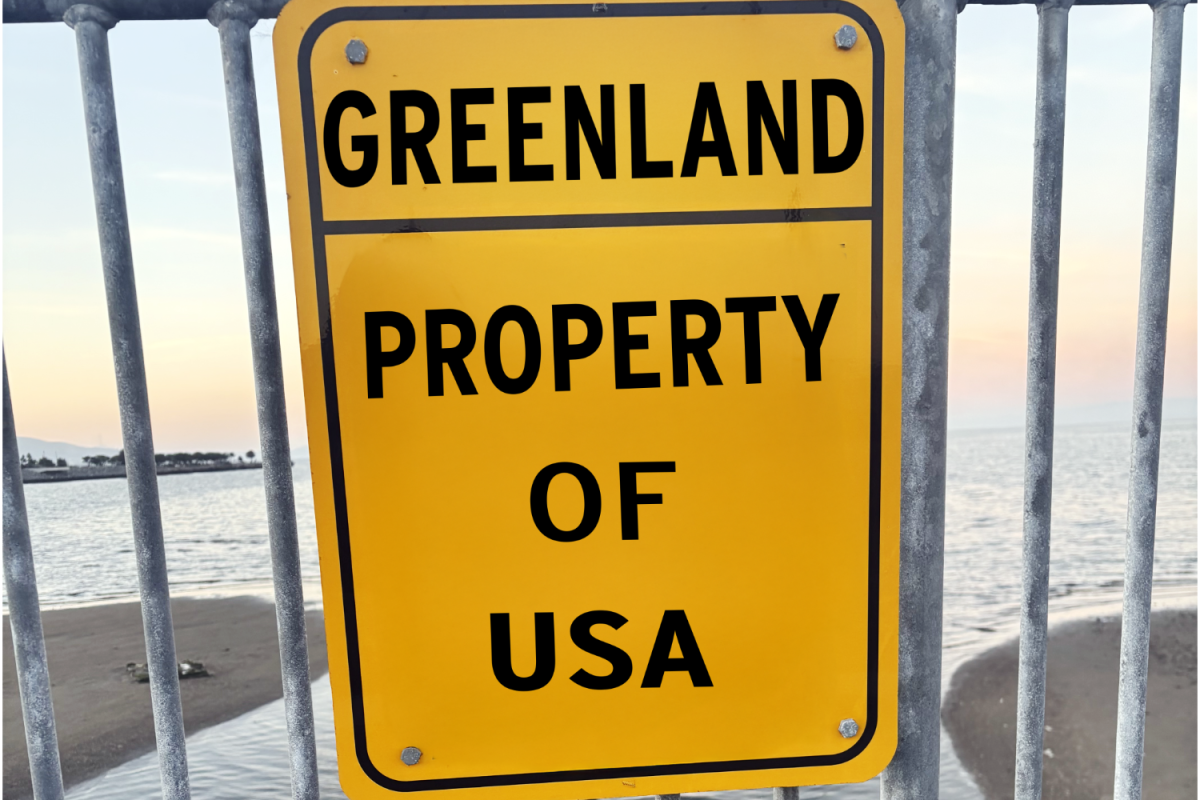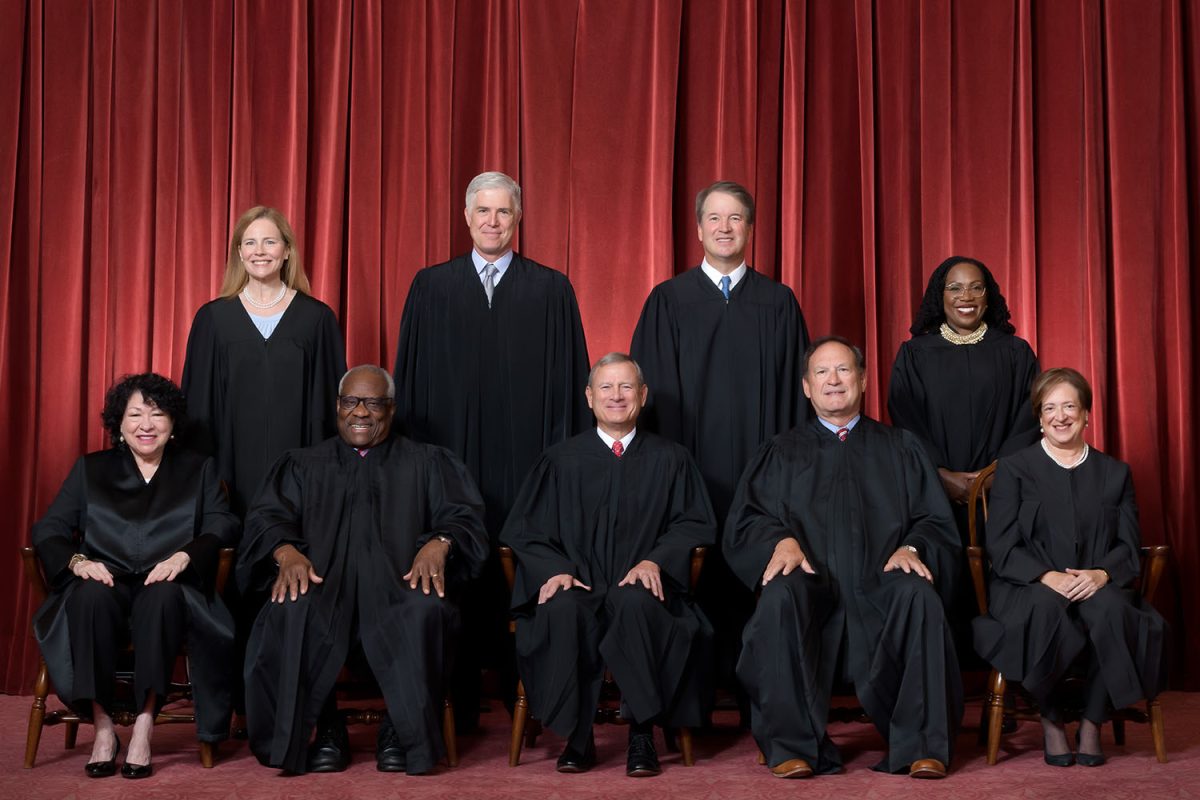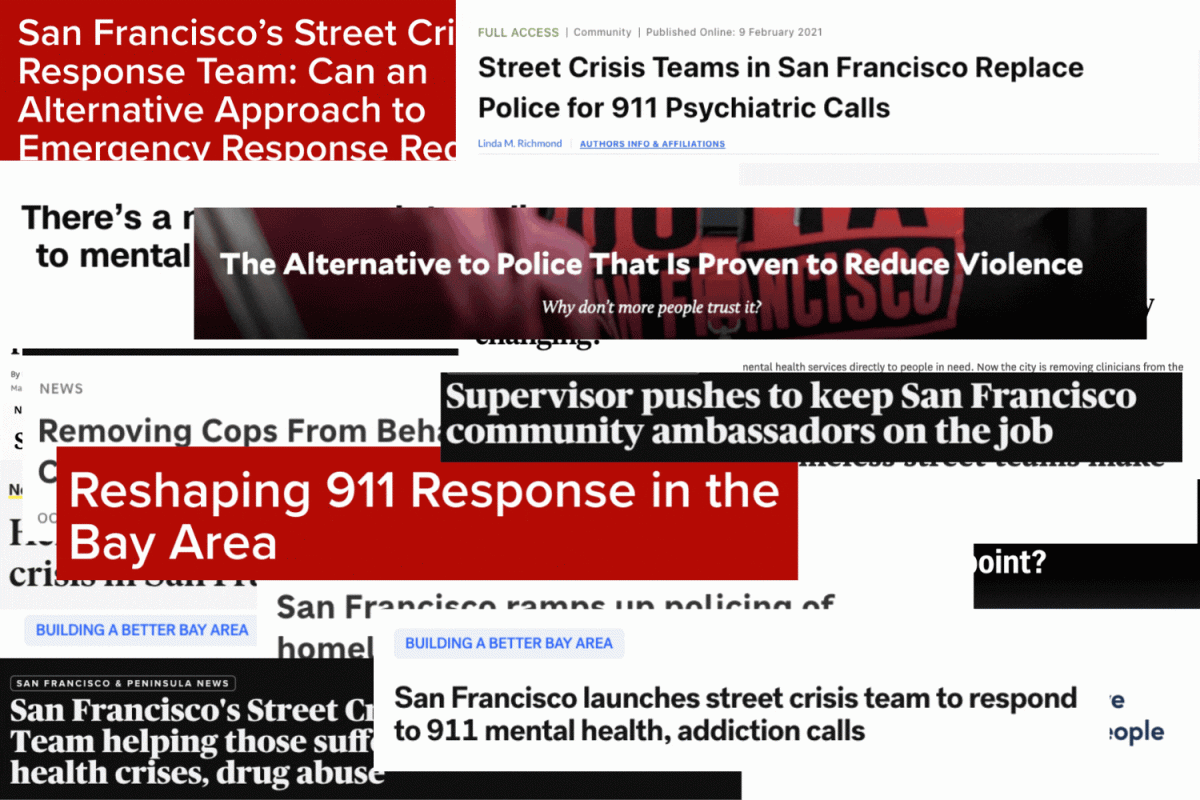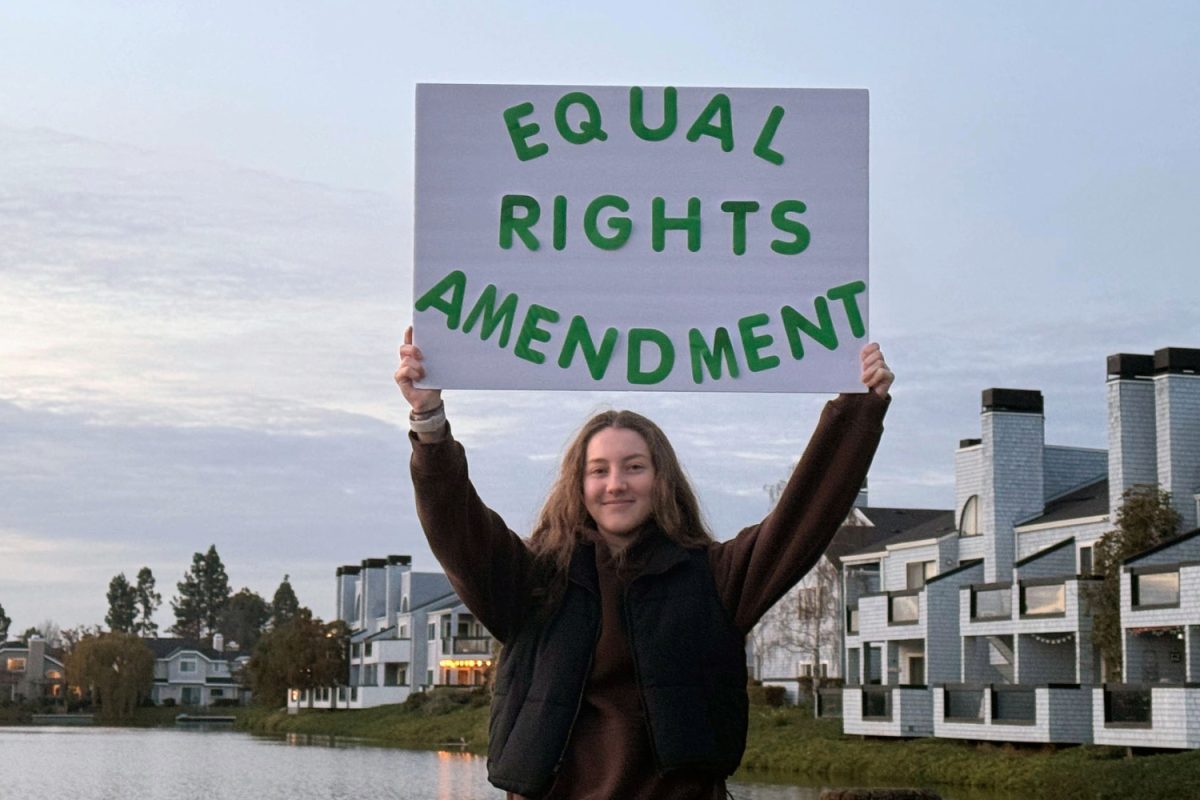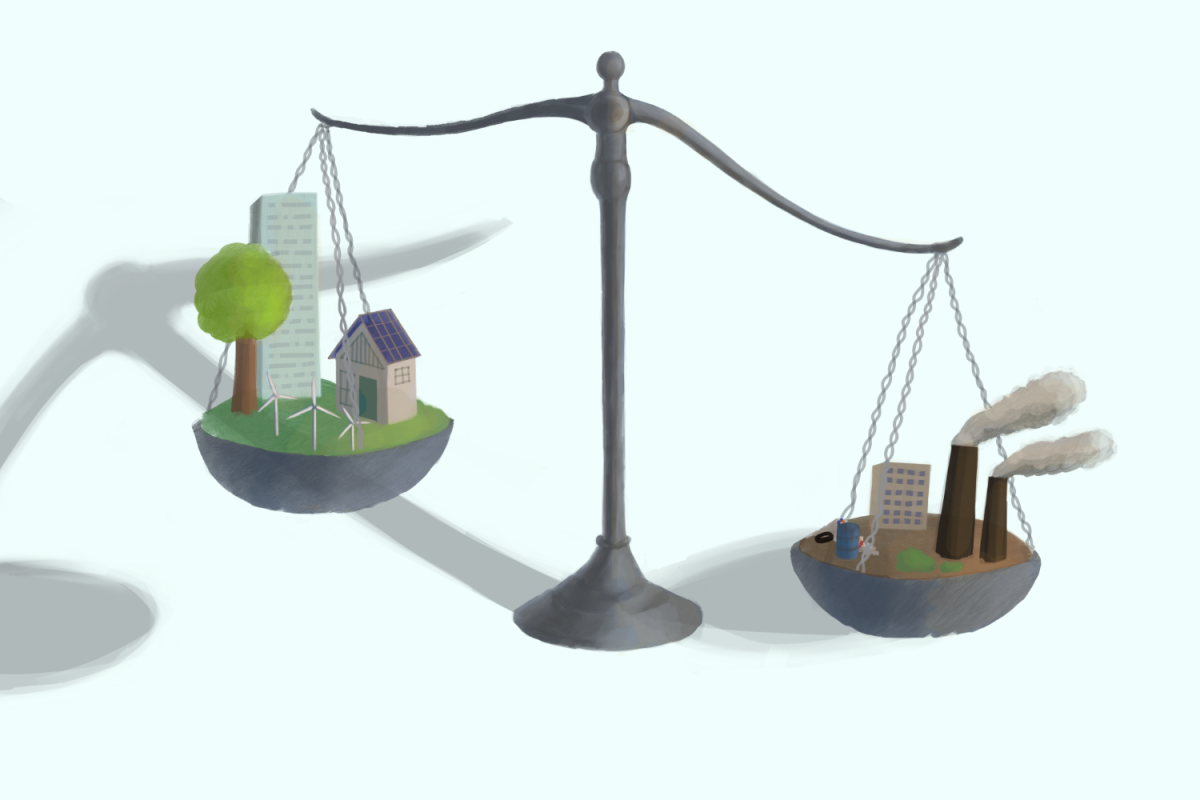Imagine the cruel chaotic world in which we would live if people only followed laws and disregarded moral judgement.
Morality is a unwritten law, but one that should be carefully observed nevertheless. In today’s times, morality is especially consequential in regards to the First Amendment’s statement that “Congress shall make no law…abridging the freedom of speech, or of the press…”
Freedom of speech, among our various other rights as U.S. citizens, should never be taken for granted. There is a dotted line between legality and morality that we, more often than not, cross blindly.
Having the legal right to insult someone verbally does not justify your actions morally. There might not be a law against telling someone they look terrible when you pass them on the street, but that does not by all means make it right. A kindergartener could tell you that much.
Freedom of speech does not mean one can say whatever they want. It does not give anyone the power to shout “fire!” in a crowded movie theater when the building is not ablaze, as this could cause a panic ridden stampede in which people would be injured or killed.
In a court opinion, Justice Oliver Wendell Holmes, Jr. wrote specifically, “The most stringent protection of free speech would not protect a man in falsely shouting fire in a theatre and causing a panic. […] The question in every case is whether the words used are used in such circumstances and are of such a nature as to create a clear and present danger that they will bring about the substantive evils that Congress has a right to prevent.” This statement from Schenck v. United States has been referenced often in other court cases regarding a citizen’s right to verbalize something for the sake of saying it. Nowadays, the First Amendment is interpreted to deem any clearly dangerous speech unconstitutional.
Freedom of speech gives citizens the right to express their opinions without being oppressed. Of course, nobody should expect to say anything without consequences.
Just because it is legal does not mean it is right. Do not think that you can say whatever you want and be protected by the law for it. By accepting your freedom of speech rights, you accept the responsibility of whatever consequences follow suite.
A recent example would be the shooting of twelve journalists in Paris whose satirical magazine published a cartoon of the Prophet Muhammed. Although I strongly condemn the killings, the world is blowing the issue out of proportion.
Journalists understand that their words put them at risk of public scrutiny. It is their job to take that risk everyday and be prepared for whatever consequences followed as a result. Killing someone because they used their freedom of speech to express something you didn’t agree with is wrong, both morally and legally. However, those involved in the publication knew the risks of their career and made the decision to publish a sensitive cartoon during an age of terrorism.
The First Amendment may give you the legal right to say anything, but that alone is not enough justification to do it. Next time you are unsure of saying something controversial, sensitive, or downright insulting, ask yourself if you are prepared to deal with the consequences. Freedom of speech does not make you invincible unless you use it morally.

